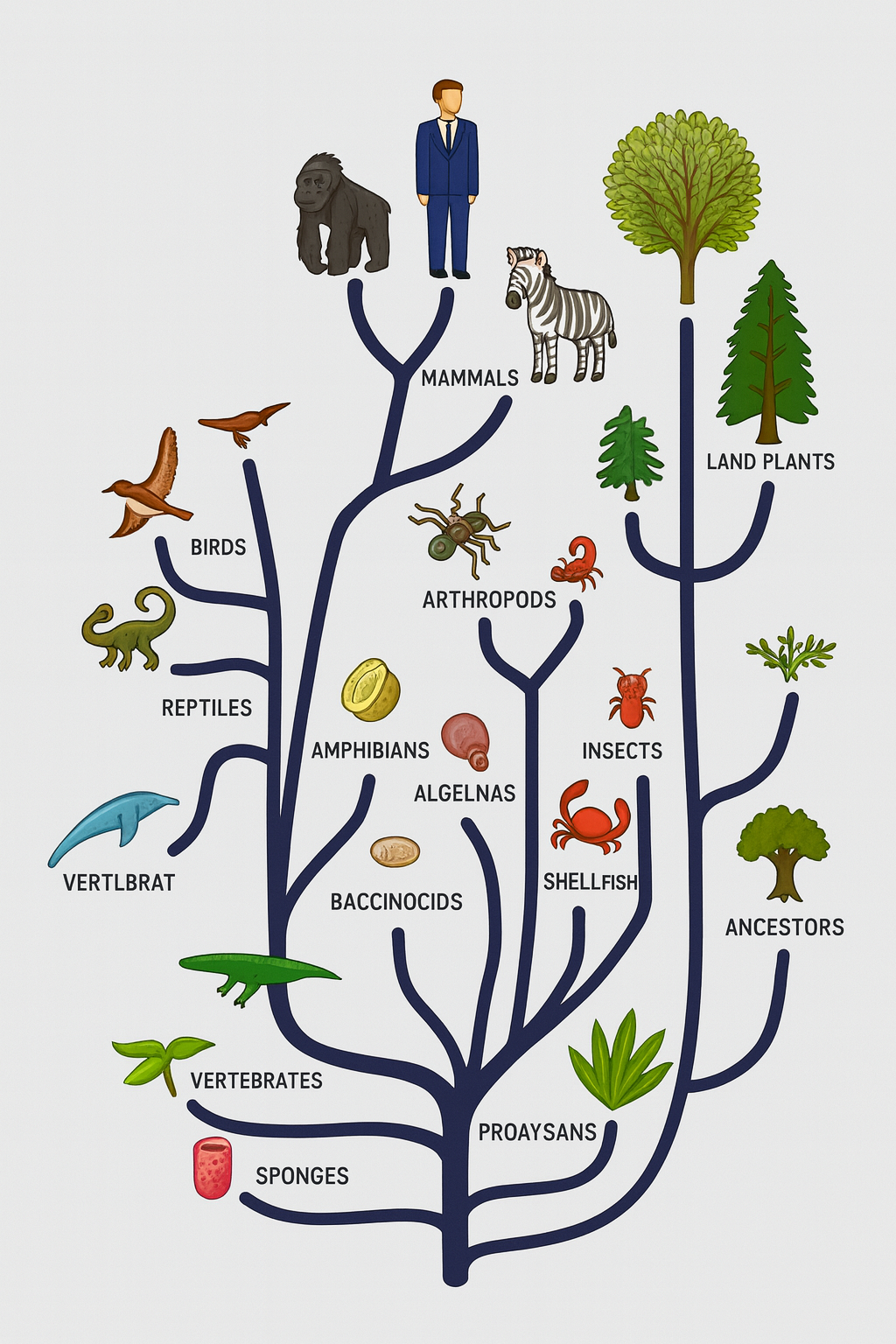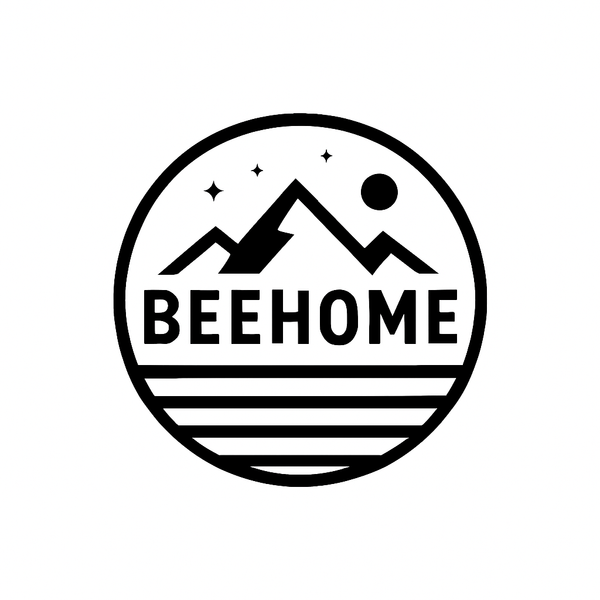
The End of Civilization
Share
"Civilizations don’t die from war—they die from the disappearance of meaning."
We are standing at a quiet crossroads—peaceful on the surface, dangerous underneath.
Never before has humanity been so rich, so technologized—and yet, so lost.
Young people are addicted to virtual worlds, unwilling to marry or have children.
Urban dwellers refuse to labor, clinging to vague knowledge work.
Even in the most advanced nations, entire generations—especially workers and the so-called MAGA class—have lost their place in the economic order.
History doesn’t repeat, but it rhymes.
And today, we echo the Roman Empire—circa 476 AD.
A mighty empire still standing in name, but hollow inside.
Citizens no longer wanted to serve, reproduce, or maintain order. They just wanted bread and circuses.
Collapse came not with flames, but with indifference.
Like in the infamous “Universe 25” experiment, when rats had unlimited food and perfect conditions—but lost all will to fight, reproduce, or live.
Entire societies died out in silence.
Now, the age of AI is repeating that experiment—with us.
Human civilization was built on a simple deal: You work, therefore you matter.
But what happens when AI, robots, and large language models can code, write, translate, build, serve—even diagnose disease and argue cases in court—better than humans?
When you become the unnecessary component in the system—do you still want to exist?
That was the starting point of BeeHome.
Not just a question of housing—but of humanity’s future.
We are not pessimists.
We are just more honest about the stakes:
If we don’t redefine what makes a human life meaningful,
we may go the way of Rome—not by fire, but by forgetting ourselves.
“If you can’t live with dignity on Earth, you won’t survive on Mars.”
Humanity today believes that technology can fix anything.
Not enough food? CRISPR.
Water shortage? Desalination.
Overcrowded cities? Escape into the metaverse.
Planet dying?
—No problem. Let’s go to Mars.
Elon Musk says we should become a “multi-planetary species.”
But BeeHome doesn't believe in that story.
We believe that Mars is not the answer—it’s a distraction.
Not because tech isn’t good enough, but because you can't grow a carrot on Mars.
You can't catch a fish.
You can’t even gather a stick of wood.
On Mars, you can’t live off the land. You can’t reproduce freely.
You depend entirely on fragile industrial systems.
You pay rent for your life—to a planet that will never love you back.
So we ask the fundamental question:
If we can’t survive simply and sustainably on Earth—how dare we dream of surviving on Mars?
BeeHome is about returning to Earth.
Colonizing Mars is a fantasy for the elite.
But building small, legal, off-grid, low-impact homes on Earth—by the people, for the people—that’s the real future of civilization.
Mars is for tourists, billionaires, and research.
It is not your backup planet.
It is not your true home.
Earth is.
BeeHome is our “No” to the space-age illusion.
We don’t run away—we rebuild.
We don’t wait for rockets—we build cabins.
Each BeeHome is not just shelter.
It’s a declaration of loyalty:
“I choose to stay on Earth—and make it worth staying.”
“AI won’t kill you—but it will make you irrelevant.”
For the last 200 years, industrial civilization turned human labor into a machine part.
Steel workers, assembly line staff, junior office clerks, coders, customer service reps, delivery drivers—we all believed:
As long as I work, I have worth.
But now, that deal is broken.
Can you write copy?
AI writes 50 lines in three seconds.
Can you draw?
AI renders complex visuals in one click.
Are you a junior coder?
AI writes cleaner, faster, and cheaper—24/7.
You studied hard, got your degree—and now you’re politely excluded from the system.
BeeHome is here to say:
This is not your fault.
This is the collapse of an entire civilization model.
Not just an economic collapse—but a collapse of human meaning.
You are no longer valuable because you produce—you’re only tolerated because AI hasn’t yet replaced you.
But we believe you can build again.
BeeHome is born from de-industrial, anti-system thinking.
We don’t chase speed. We don’t worship growth.
We trust slowness, craft, and hands-on dignity.
We believe building a home by hand, even if it’s small—even if it takes time—is a way to reclaim your place in the world.
You are not a passive user of systems.
You are a builder, a fixer, a creator.
AI can assist your project—but it can never drive your first nail into the wood.
BeeHome is not just DIY—it’s a social experiment:
In a collapsing machine society, can we still build a civilization by hand?
“When civilization tells you to hustle harder, and you say, ‘I’d rather build something real’—that makes you a dissenter.”
Today, the rarest thing is not resources or information—it’s dissent.
Everyone is running the same race:
AI is coming?
Learn prompts.
The industry’s collapsing?
Switch jobs.
Housing prices insane?
Get a bigger mortgage.
Uncertain future?
Keep your head down.
Almost no one asks:
What are we doing? Is this even the right road? Is there another way?
BeeHome is built for those who dare to ask that question.
You don’t have to be a revolutionary.
You just have to say:
“I don’t believe in that system. I want to try something different.”
So you pick up a saw.
You staple insulation.
You wire a solar panel.
You light your rocket stove.
You stop being a passive user—and become an active creator.
You’re no longer just complaining about rent—you’re building a shelter.
No longer just consuming—you’re creating.
No longer waiting for a job—you’re training your own survival skills.
Every screw, every board, every insulated panel in BeeHome
is a tiny rebellion against the default system.
It says:
- You can have shelter—without loans.
- You can create—without factories.
- You can survive—without waiting for permission.
- You can build a future—without leaving Earth.
This is not an escape. This is a position.
Not a fallback, but a manifesto.
Not a retreat, but a space for reflection.
You’re not a dropout.
You’re a dissenter.
You choose to build with hands, with sunlight, with heat, with thought.
BeeHome gives you that chance.
“The moment you drive your first nail, you are no longer part of the algorithmic empire.”
We’re entering an algorithmic civilization.
Say a prompt—AI gives you an image.
Type a theme—AI writes your article.
Click a button—AI generates your contract, your floorplan, your music.
You think you're becoming efficient.
You're actually becoming replaceable.
AI isn’t helping you—it’s turning you into a prompt engineer.
You're no longer a creator.
You’ve become a selector—scrolling through AI-generated outputs.
Your labor becomes: Input → Swipe → Choose → Adjust.
That’s not creation.
That’s illusion.
You're not making decisions—AI is narrowing your choices to what it already expects.
BeeHome is the opposite.
We want you to actually build.
- When you saw a piece of wood, you feel resistance and grain.
- When you lift insulation, you understand heat.
- When you light a rocket stove, you learn fire is not a switch—it’s alive.
You're no longer prompting.
You’re touching the world itself.
This is a philosophical rebellion.
A rejection of virtual efficiency.
A struggle to protect the last human instinct: to make something real.
BeeHome gives you plans, modules, diagrams—but we don’t automate the work.
We leave in 50% difficulty, 80% decision-making, 100% personal involvement.
Why? Because:
Only what you build by hand truly belongs to you.
BeeHome is not anti-tech.
We use solar panels, AI for code compliance, modular design.
But we refuse to let tech erase the act of making.
When the world says, “Just type a prompt,”
We say, “Pick up a saw. Hammer that nail. Sweat a little.”
That is human.
To exist is to resist.
Not with slogans. Not with violence.
But with hammer and screw, we embed ourselves into the world.
Every nail is a rejection of AI rule.
Every roof is a micro-fortress of meaning.
Every BeeHome says:
“I am still here.”
“Civilization began when people gathered around a fire.
It might begin again when they gather around a small cabin.”
BeeHome was never just about housing.
It is a civilizational experiment—a rethinking of what human life could look like in the years to come:
- When cities are too expensive, BeeHome gives you the right to build in your own yard.
- When education becomes detached from reality, BeeHome offers a hands-on, parent-child building experience.
- When social trust collapses, BeeHome becomes the seed of new neighborhoods.
- When AI makes jobs meaningless, BeeHome brings back the dignity of real labor.
We’re not advocating escape or isolation.
We’re offering a connected, low-interference, human-scaled way of life.
One BeeHome is a shelter.
Ten BeeHomes make a community.
A hundred BeeHomes plant the seed of a new civilization.
This village will not have giant factories, predatory finance, or growth-at-all-costs policies.
But it will have:
- Off-grid solar and rocket mass heat systems;
- Simple, repairable, teachable construction;
- A culture of shared tools, exchanged skills, and communal resilience;
- No mortgages. No burnout. No hollow promises of productivity.
BeeHome is a decentralized model for civilizational continuity.
- Not powered by VC funds, but by creators.
- Not imposed by governments, but grown by neighbors.
- Not a sci-fi dream—but a grounded, livable now.
We’re not trying to rebuild the past.
We’re prototyping survival for the future.
If you have hands, you can build.
If you have a cabin, you can survive.
If you have neighbors, you can begin again.
That is BeeHome’s answer to civilizational collapse.
Not scale. Not unicorns. Not IPOs.
But this:
When the world gets dark, we light a fire—and see each other again.
